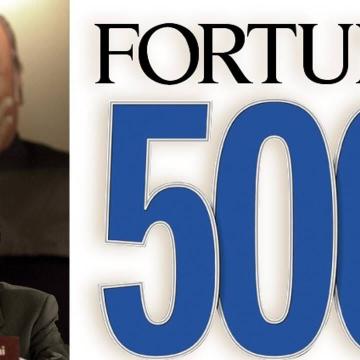Reliance Industries
Reliance Industries Tops Indian Firms on 2025 Fortune Global 500 List, Ranks 88th Globally
Sarfraz Khan
1 minute read
Reliance Industries leads Indian corporates on Fortune Global 500 for 2025, despite rupee depreciation and a slight slip in global ranking.

